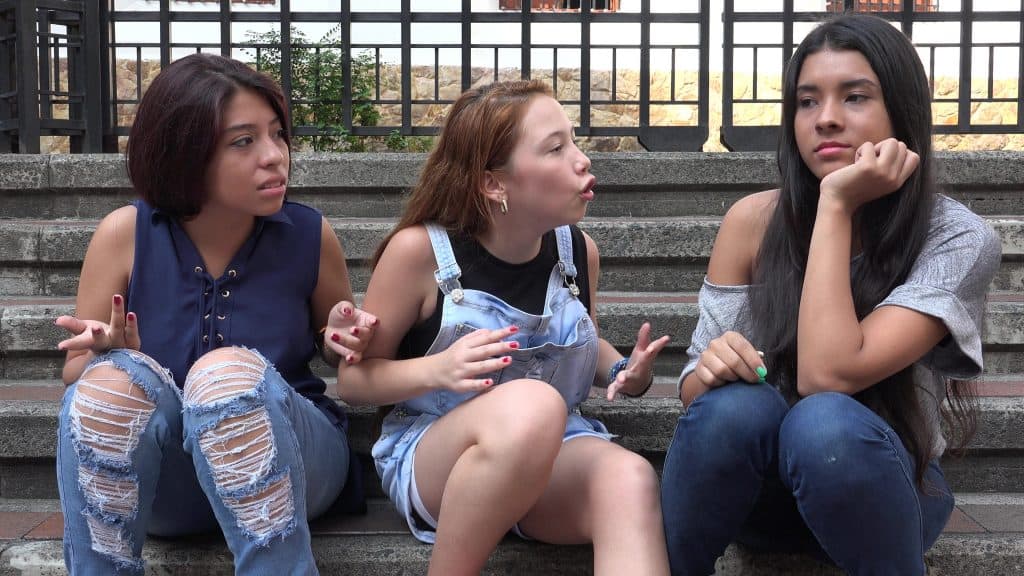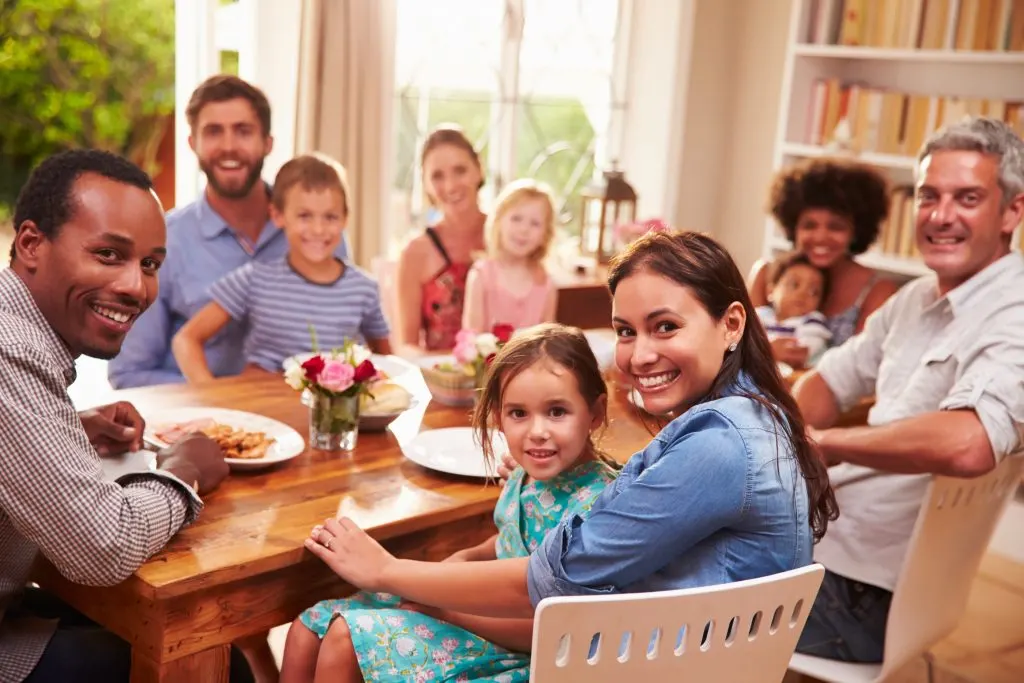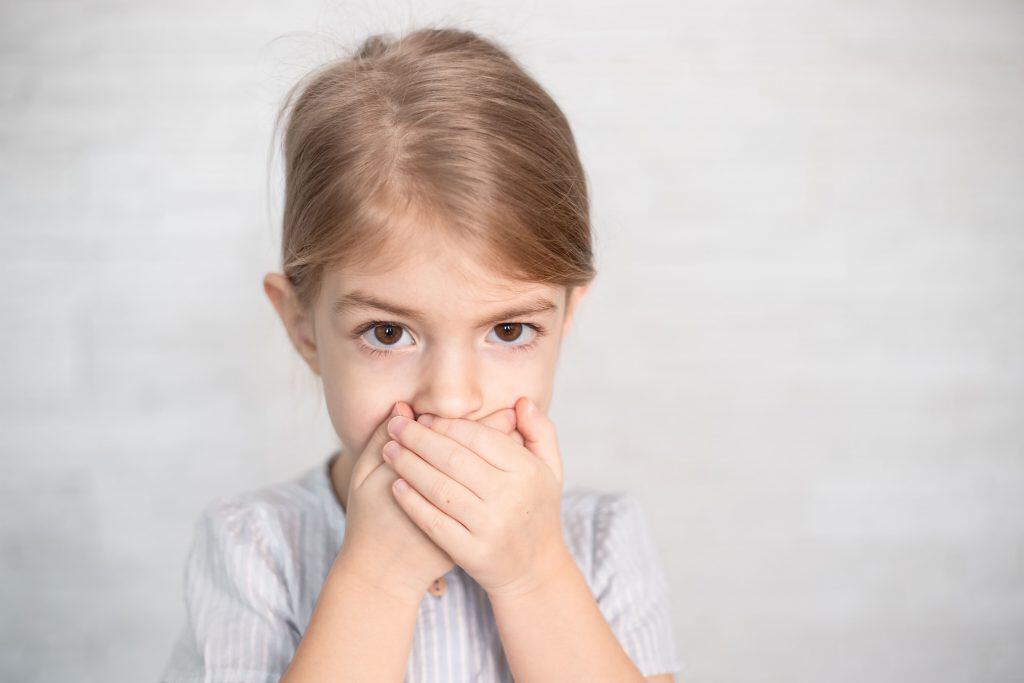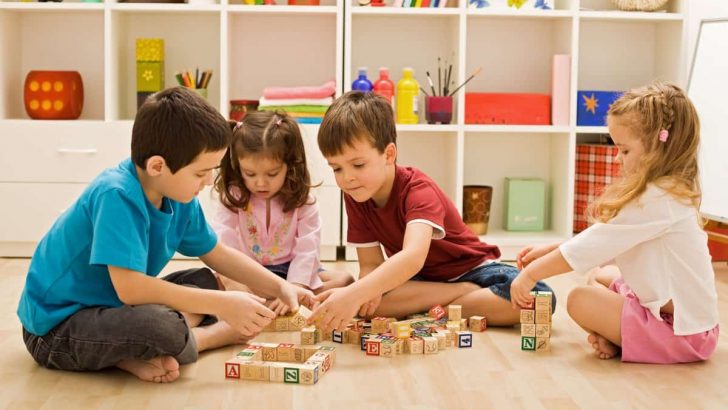Throughout his or her school career, your child will make friends.
Of course, as the years go by and they go to different schools, their circle of friends will change.
While playdates at daycare are usually organized by mothers who are your friends, children later decide for themselves who they want to hang out with.
Unfortunately, these new friends don’t always appeal to parents.
So how can you warn your child about false friends?
How can you help your child tell the difference between good and bad friends?
A few months ago, my son Jérémy came home from school excited as a flea.
Next year, he’s going to middle school, so he’ll be changing schools.
So the teacher asked each pupil to write a text explaining who they’d like to be in the same class with in sixth form and why.
I didn’t even read my son’s text, as my eyes remained fixed on the first name written in his notebook.
Quentin!
Now Quentin is my best friend!

I felt my cheeks flush.
Do you know who was the main topic at the last CM2 parents’ meeting?
Who flushed Jules’ favorite hat down the toilet?
Who stole my own son’s Pokémon cards?
My son cried his eyes out that day.
I just don’t get it.
“Now Quentin is my best friend,” my son explains.
I wonder if Quentin feels the same way.
And I feel a dark thought rise in me: I could easily manipulate my son’s wish list.
And later, blame the stupid teachers who ignored his wish.
When the need for protection goes too far

As my friend, a school teacher, explains:
Parents naturally strive for positive development in their children.
Some parents get involved out of fear of negative influences or in the hope of benefiting from their children’s friendships.
That’s what my mother did to me in fifth grade (when she forbade me to invite Sarah and Juliette to my sleepover – how crazy I was!).
And now I’m ready to do the same.
And that was before my son’s first day at college.
Yet parental goodwill – however understandable in principle – goes too far if friendships are forbidden or severely restricted.
Indeed, in the worst case scenario, the good parent-child relationship is at stake.
This is because prohibitions lead to problems of stimuli and stimuli change.
If children meet in secret and lie to parents, a loss of trust is imminent.
So it could be said that children need rules, not blanket prohibitions.
Children need negative experiences too

I hadn’t even thought of a ban.
I was thinking more of a practical influence!
If they’re not in the same class, they automatically spend less time together.
And I can probably save her a lot of tears and disappointment.
But my friend warned me against protecting my own children from all the negative experiences:
Children meet different and sometimes difficult characters in life.
They have to learn to cope with difficult situations on their own.
To do this, children have to learn from their own experiences, including negative ones.
Of course, parents have to be there to help.
In her view, trust, stability and communication are crucial.
Phrases like ‘I told you so’ don’t help.
Instead, parents should support their children, love them and comfort them when they need cheering up.
And they should give feedback on friendships and new acquaintances – if they’re asked about it.
In this way, children themselves learn to distinguish between good and bad friends.
Who knows, the so-called bad friend might turn out to be a great comrade.
Erasing negativity from your child’s world doesn’t solve the problem

Crossing my fingers, I returned my son’s text to the school secretary without any changes!
But our son’s schoolteacher saw little chance of positive development between him and Quentin.
She didn’t describe the relationship between the two as a friendship, but as a dependency.
She used the word “toxic”.
It made me sick.
And the feeling of having done the right thing gave way to another: panic.
I made a correction to the wish list the same day.
Above the lovingly scribbled letters Q,U,E,N,T,I and N, I wrote “Absolutely not with” in red.
A stone fell from my heart.
My friend strongly criticized my choice:
Separating the children may seem like a quick and effective solution.
However, it doesn’t eliminate the cause of the problem.
The problem persists elsewhere – in the playground, for example.
Trust instead of prohibit

But how can I protect my child from false friends and toxic relationships if separation and strict prohibitions are not the right solution?
Here too, my friend recommends letting children make their own experiences:
Children mature over time and have the freedom to make mistakes, to become independent, self-assured personalities.
Confident, stable children who feel loved aren’t as quick to fall into the traps of what they think are friends who aren’t good for them.
The most important pillars for this are trust and good communication with parents:
An open, trusting conversation is more effective than any prohibition and protects the relationship between parent and child.
Her advice:
Ask your son what he likes about his friend.
This way, children open up to their parents and are more likely to respond to advice.
Parents gain insight into their children’s emotional world, understanding the reasons for a particular friendship.
Children and parents learn an important lesson

My friend’s conclusion is clearer than I’d like: instead of interfering with or even forbidding children’s friendships, we parents should focus on educating our children to become self-determined personalities.
My son is now in middle school.
The fact that he’s not in the same class as Quentin doesn’t bother him.
On the contrary: “I don’t think Quentin is a good friend.”
That was a relief!
In fact, his father and I were not only relieved, but deeply impressed by our ten-year-old’s thoughts.
And we plan to let him do his own experimenting more often in the future.

